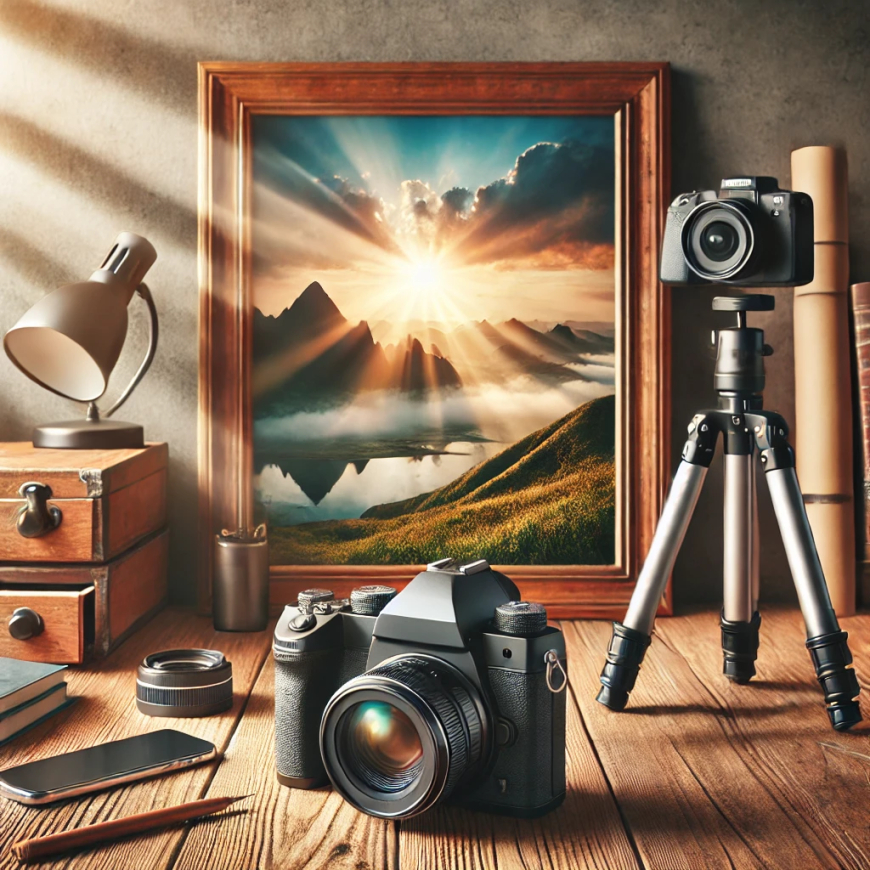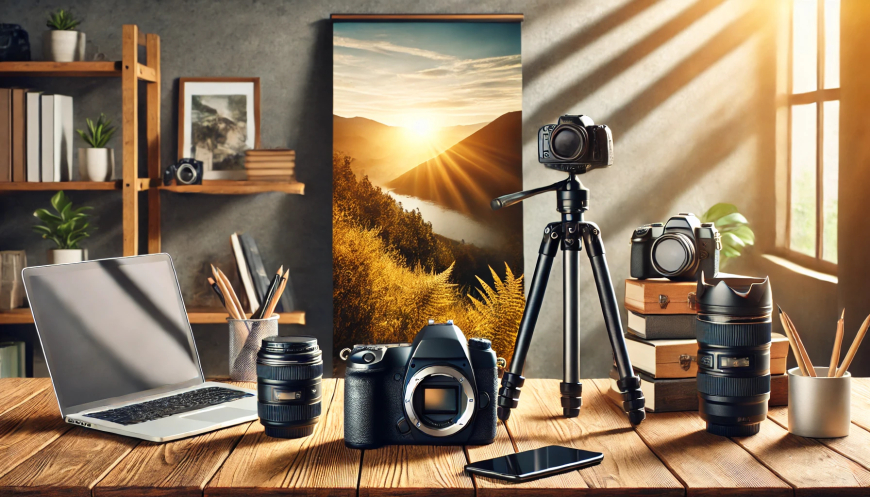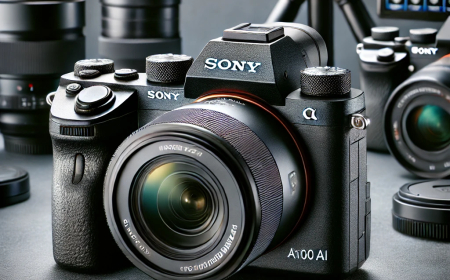10 Essential Tips for Photography Beginners
Photography is an exciting journey of capturing the world through your unique perspective. If you're just starting out, it can feel overwhelming to navigate the equipment, techniques, and creative choices. To make the process easier, here are 10 essential tips for photography beginners:


1. Start with the Gear You Have
Don’t worry about having the most expensive camera or equipment. Many stunning photographs are taken with smartphones or entry-level cameras. Focus on understanding your device and experimenting with its settings.
2. Learn the Basics of Exposure
Exposure is the foundation of photography. It involves three main elements:
-
Aperture: Controls the depth of field and how much light enters the lens.
-
Shutter Speed: Determines how long light is exposed to the camera sensor, affecting motion blur.
-
ISO: Adjusts the camera’s sensitivity to light. Mastering these will give you more control over your shots.
3. Understand Composition
Composition is how you frame your subject within the photo. Use techniques like the Rule of Thirds, where you divide the frame into a 3x3 grid and place your subject along these lines or at their intersections. This creates balanced and visually appealing images.
4. Pay Attention to Lighting
Light can make or break a photo. Early morning and late afternoon (the "golden hours") provide soft, warm light that’s ideal for photography. Avoid harsh midday sun, which can create unwanted shadows.
5. Experiment with Angles and Perspectives
Don’t just shoot from eye level. Experiment with different angles—shoot from above, below, or the side. Changing your perspective can turn a mundane scene into a compelling image.
6. Keep Your Camera Steady
Blurry photos are often caused by shaky hands. Use a tripod for stability, especially in low-light conditions or when using a slower shutter speed. If a tripod isn’t available, brace your camera against a solid surface or use both hands to hold it steady.
7. Practice Focusing
Make sure your subject is sharp and clear. Most cameras offer autofocus, but learning manual focus can give you greater precision, especially in tricky situations like low light or macro photography.
8. Edit Your Photos
Post-processing can enhance your photos and correct minor mistakes. Use tools like Adobe Lightroom, Photoshop, or free alternatives like Snapseed to adjust exposure, colors, and composition. Remember, editing should enhance the image, not overdo it.
9. Learn from Your Mistakes
Every photographer makes mistakes, especially in the beginning. Review your photos to identify areas for improvement. Experiment, analyze, and don’t be afraid to step out of your comfort zone.
10. Practice, Practice, Practice
Photography is a skill that improves with practice. Carry your camera everywhere and shoot as much as possible. The more you practice, the better you'll become at spotting opportunities and capturing them effectively.
Final Thoughts
Remember, photography is a journey, not a race. Enjoy the process of learning and expressing your creativity. With patience and persistence, you’ll see your skills improve and your passion grow. So grab your camera, head out, and start capturing the world through your lens!
What's Your Reaction?































